Post-Workout Nutrition: What Should You Eat and When?
Hi guys!
When it comes to fitness, crushing your workouts is only a piece of the puzzle. Nutrition is another piece if you want to get the most out of your sweat sesh – and I don’t mean in the diet culturey “you can’t outwork a bad diet” kind of way – I’m talking about giving your body what it needs so you feel powerful during your workout, and reap the benefits afterwards.
This is true whether you’re working out to build muscle, maintain muscle, or lose weight. Proper fuel is kiiiinda non-negotiable.
This is one of those things that SOUNDS simple enough, but quickly becomes complicated once you start digging into the details. Here are my (evidence-based) thoughts on what and when to eat after a workout.
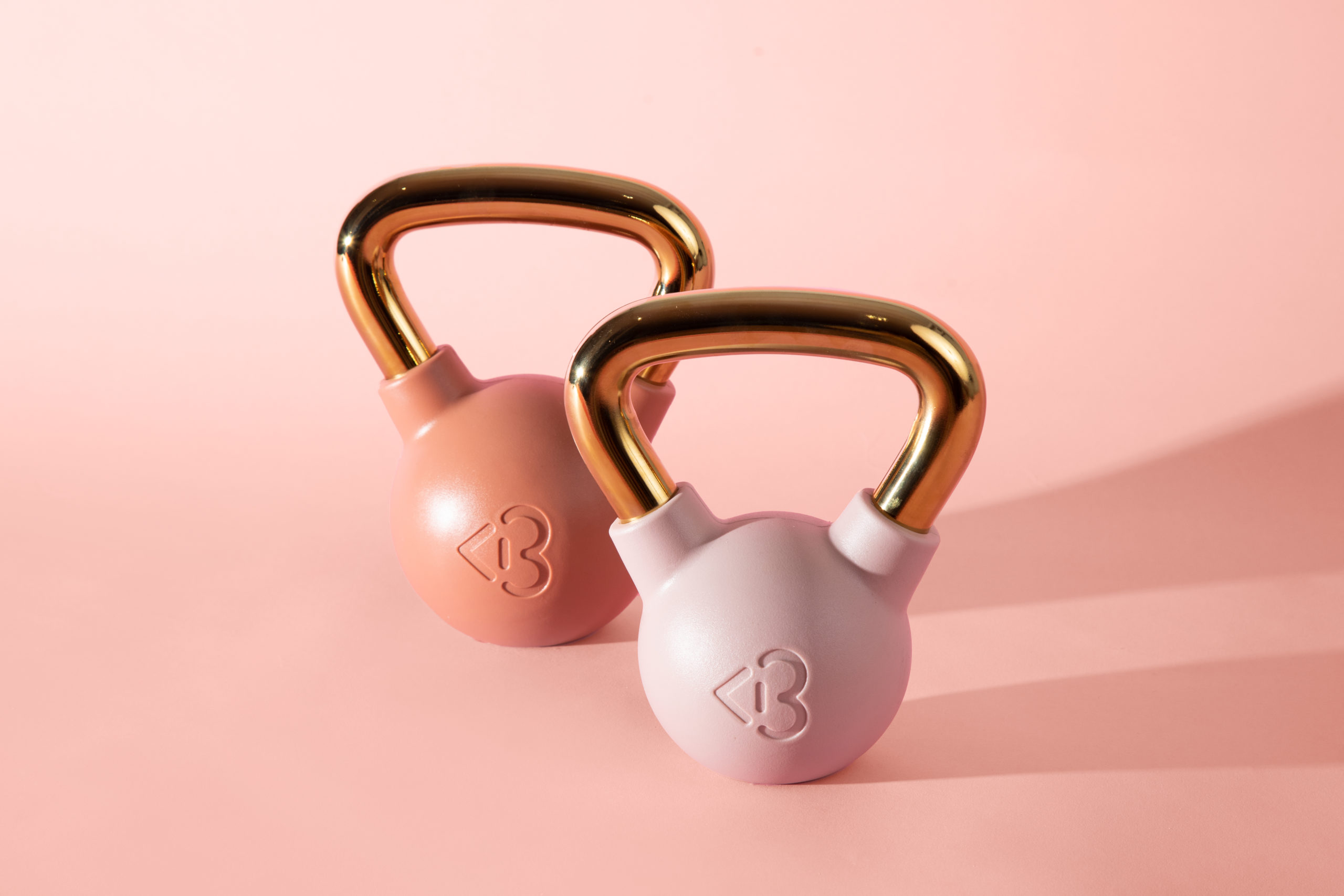
During your workout, 3 key things happen
- Glycogen (a source of energy) is depleted
- Your muscles are fatigued and damaged with microtears
- You lose fluid and electrolytes
Knowing this makes it a little easier to understand what your body needs to get out of post-workout nutrition, right?!
Answer: Something that replenishes glycogen (carbs), something to help the muscle recover and rebuild (protein), and something to replace fluid and electrolytes (fluid and electrolytes!).
If you’re wondering if PRE-workout nutrition matters too, the answer is YES! We’re not really going there today but ideally, your all-day nutrition and maybe pre-workout snack is preparing your body for these changes too.
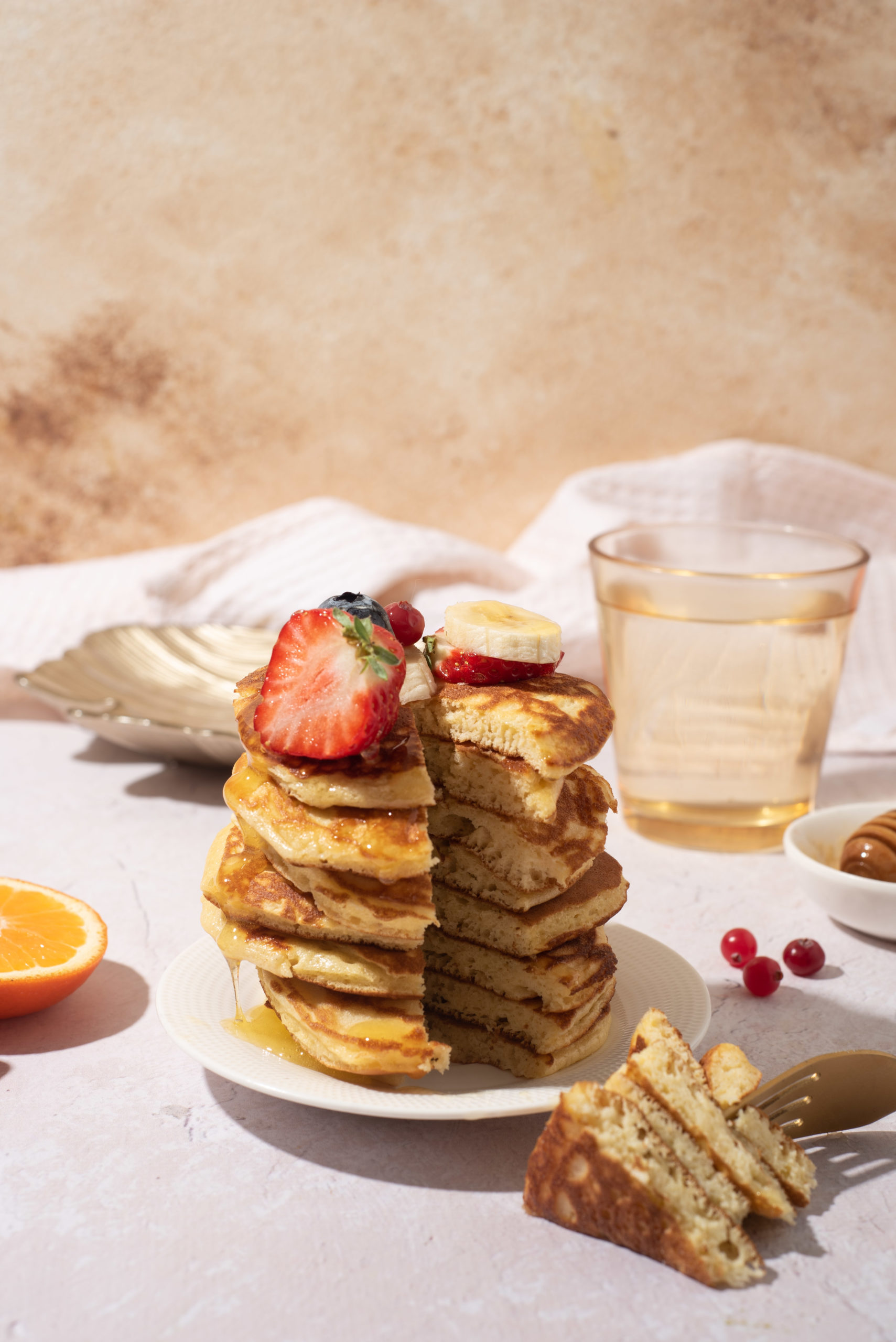
Our key players: protein and carbs (for now)
We’re keeping it simple today and focusing on protein and carbs since that’s where we have the most research to work with. However, I wanted to at least mention that they’re not the only nutrients at work post-workout. Our other macronutrient, fat is important too! It just doesn’t have a ton of research when it comes to post-exercise timing…yet.
There’s ongoing research on timing calcium and iron for post-workout benefits too. It’s all so interesting but like I said, post-workout nutrition seems simple until you start digging.
Back to protein and carbs! Let’s talk about why these macronutrients are so important for post-workout nutrition.
Carbs
I’m starting with carbs since they always get such a bad rap 😉
So like I said before, your glycogen stores are either reduced or totally depleted during your workout, depending on what kind of exercise you’re doing and how hard you’re working. If you’re doing moderate to high-intensity endurance or resistance workouts, you’re probably using more glycogen.
Either way, it’s a good idea to replenish with carbs. Why? Because your glycogen stores are limited, meaning there is only so much available AND the process of making more glycogen (glycogen synthesis) can be slow. Consuming carbs after your workout can speed up glycogen synthesis so you’re ready to go for your next workout. Lastly, replenishing glycogen creates an optimal environment for building muscle.
Protein
We know we need protein for muscle growth, but here’s the interesting thing:
It might not actually matter WHEN you eat protein as long as you’re getting enough overall.
The International Society of Sports Nutrition (ISSN) states in their position paper, “Meeting the total daily intake of protein, preferably with evenly spaced protein feedings (approximately every 3 h during the day), should be viewed as a primary area of emphasis for exercising individuals.”
They go on to say that getting essential amino acids optimizes muscle building, as does eating 20-40 grams of high quality protein up to 2 hours after a workout. However, they emphasize again that how necessary this really is can depend on what you ate pre-workout, as well as the rest of the day.
Protein + Carbs = <3
You need BOTH for post-workout nutrition. Here’s why.
First, glycogen recovery is faster when you combine carbs and protein vs. just carbs alone. One study actually found that cyclists who consumed carbs + protein within 2 hours of “exhaustive cycling” showed better performance the following day than cyclists who consumed only carbs or protein, due to faster repair of protein function and glycogen synthesis.
And like I mentioned before, carbs help create the best environment for your muscles to repair and rebuild, which is important if you want gains.
How much should you eat?
You can find some reallllly specific recommendations on this in the ISSN’s position statement on nutrient timing, but I don’t think most of us need to be as quite precise as professional athletes. If your goals are more specific, it’s probably a good idea to work with a dietitian 1:1.
So here’s my advice. Go for a 3:1 ratio of carbs to protein for those moderate to high-intensity endurance or resistance workouts. For example: 45 grams of carbs, 15 grams of protein. Obviously you can adjust based on your workout and your goals, but this is a good starting point.
If you’re not a fan of tracking all the numbers (which is totally fine, btw), just eat a good source of protein + carbs using some of my ideas below 😉
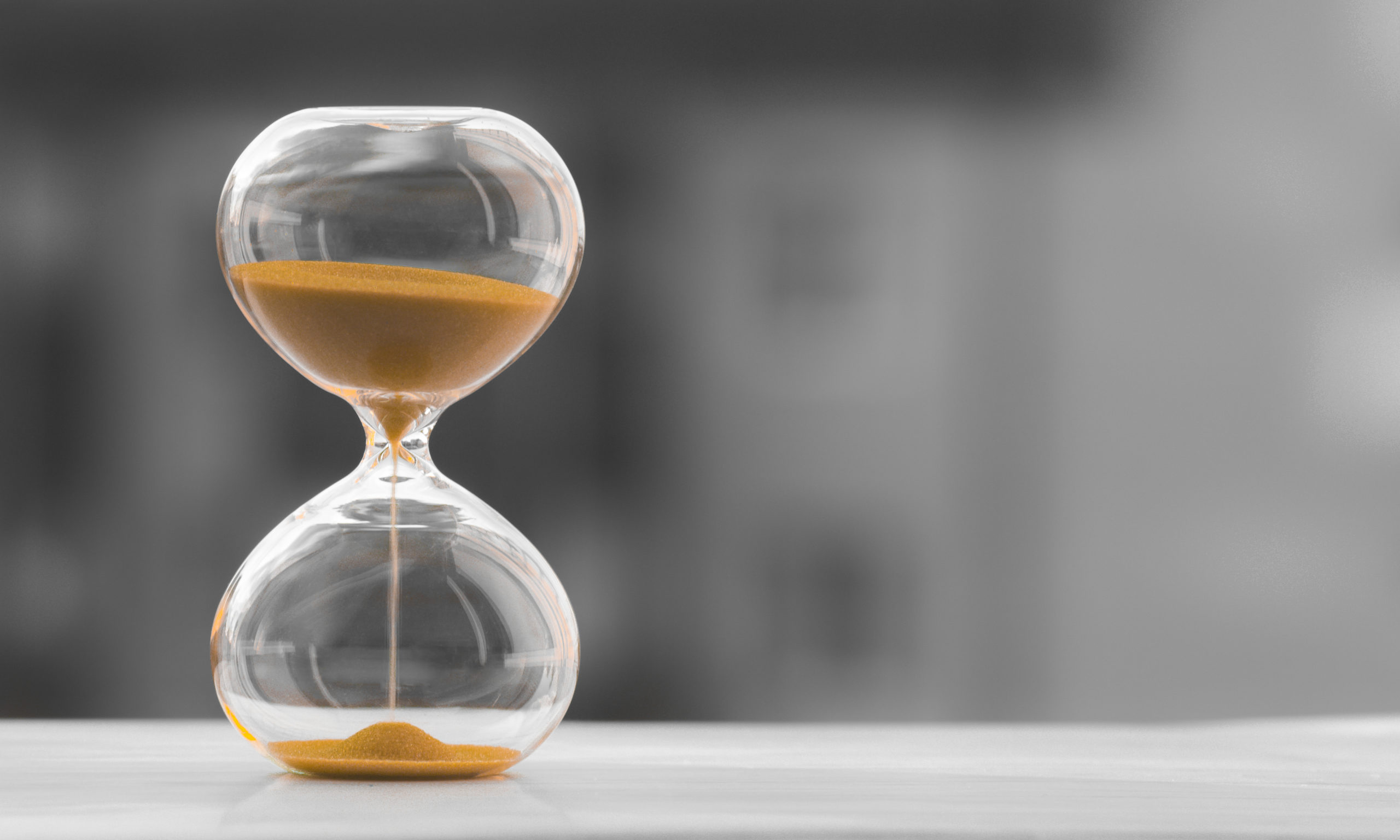
What is the “anabolic window?”
Basically this is the period of time after your workout when you’re supposed to eat protein to build muscle. Maybe you’ve heard it called the “protein window” or “metabolic window.”
This “window” is 30 minutes. So according to this, if you’re not getting your post-workout snack with protein and carbs within 30 minutes of your workout, you won’t get as much out of it. I’m using a lot of “” here because there’s a lot of question about how legit this window really is and IMO you have much longer than 30 min to refuel. Here are some reasons I wouldn’t stress too much about this window:
- This concept came from short-term studies early on. More recent, long-term studies show more inconsistent findings.
- Refer back to the ISSN’s statement about timing being LESS of a priority as long as you’re getting enough protein throughout the day.
- Recent studies are showing that this window is much wider (like several hours) to get the same benefit, especially if you’re eating a pre-workout snack.
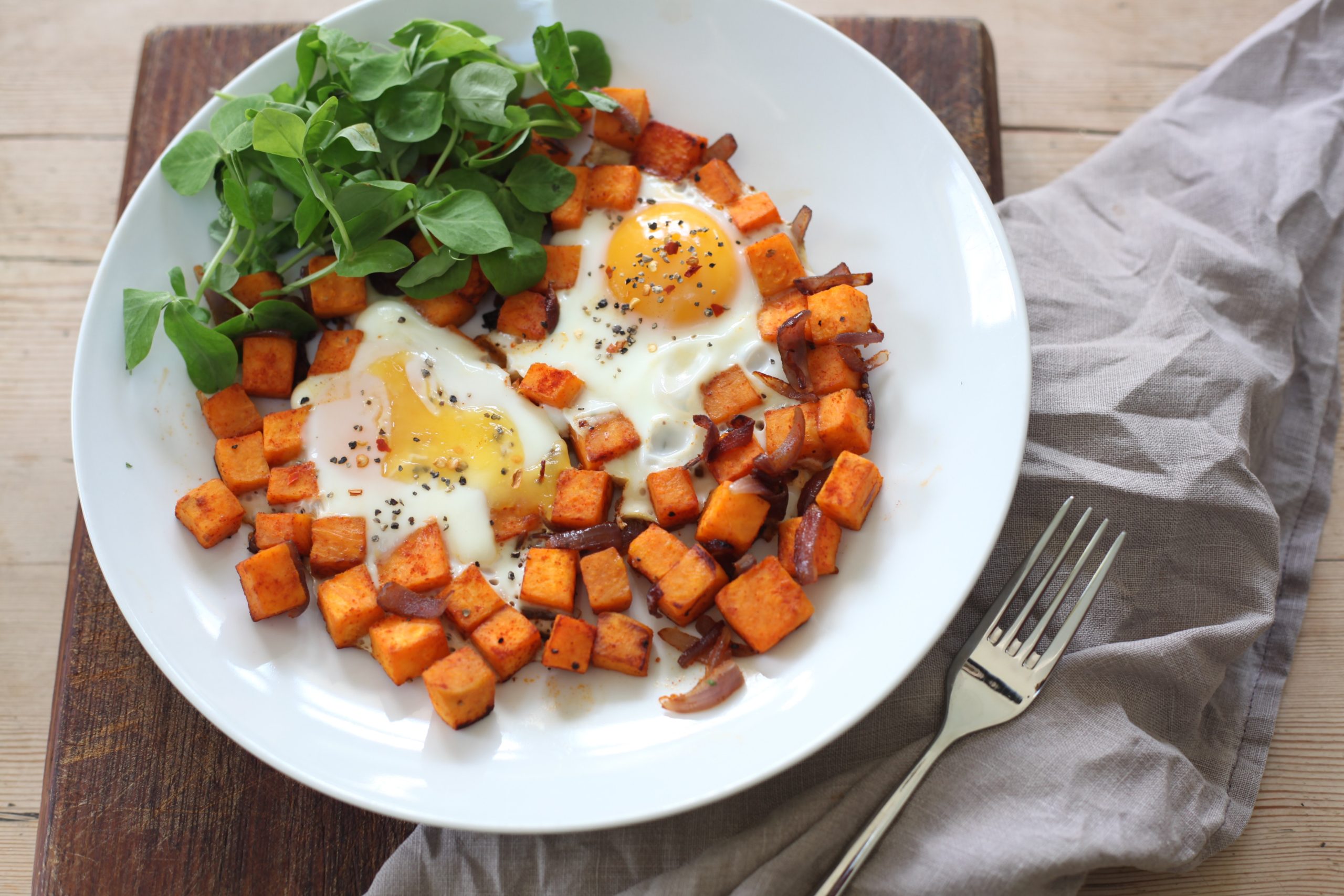
My favorite post-workout meal ideas
Egg + Sweet Potatoes – Eat as an omelette or meal prep little egg cups!
Protein Oatmeal – Just make some plain oatmeal and mix in your choice of protein! This can be nut butter, protein powder, or even egg whites. Then, flavor however you need. Maybe add fruit. Make it delish!
Greek Yogurt + Fruit + Granola – So quick and easy. A 3/4 cup serving of Greek yogurt gives you 17g protein. Fruit and granola take care of the carbs.
Protein Smoothie – Frozen fruit, milk of choice, protein powder. Add seeds, nut butter, or even avocado if you want to bulk it up a little more.
Toast + Nut Butter + Hemp Seeds – If you do two slices, you get ~30g carbs and a little protein from the toast, ~8g protein from nut butter, and a few more grams of protein from hemp seeds. I love this for breakfast too.
Tuna + Crackers – So simple, and a good on-the-go option.
Whole Wheat Wrap – Add hummus, chicken or sliced turkey, veggies and/or greens.
Chicken, Veggie, and Rice Bowl – A great option if you need something more substantial. Sub the chicken for salmon, tofu, or any protein you want!
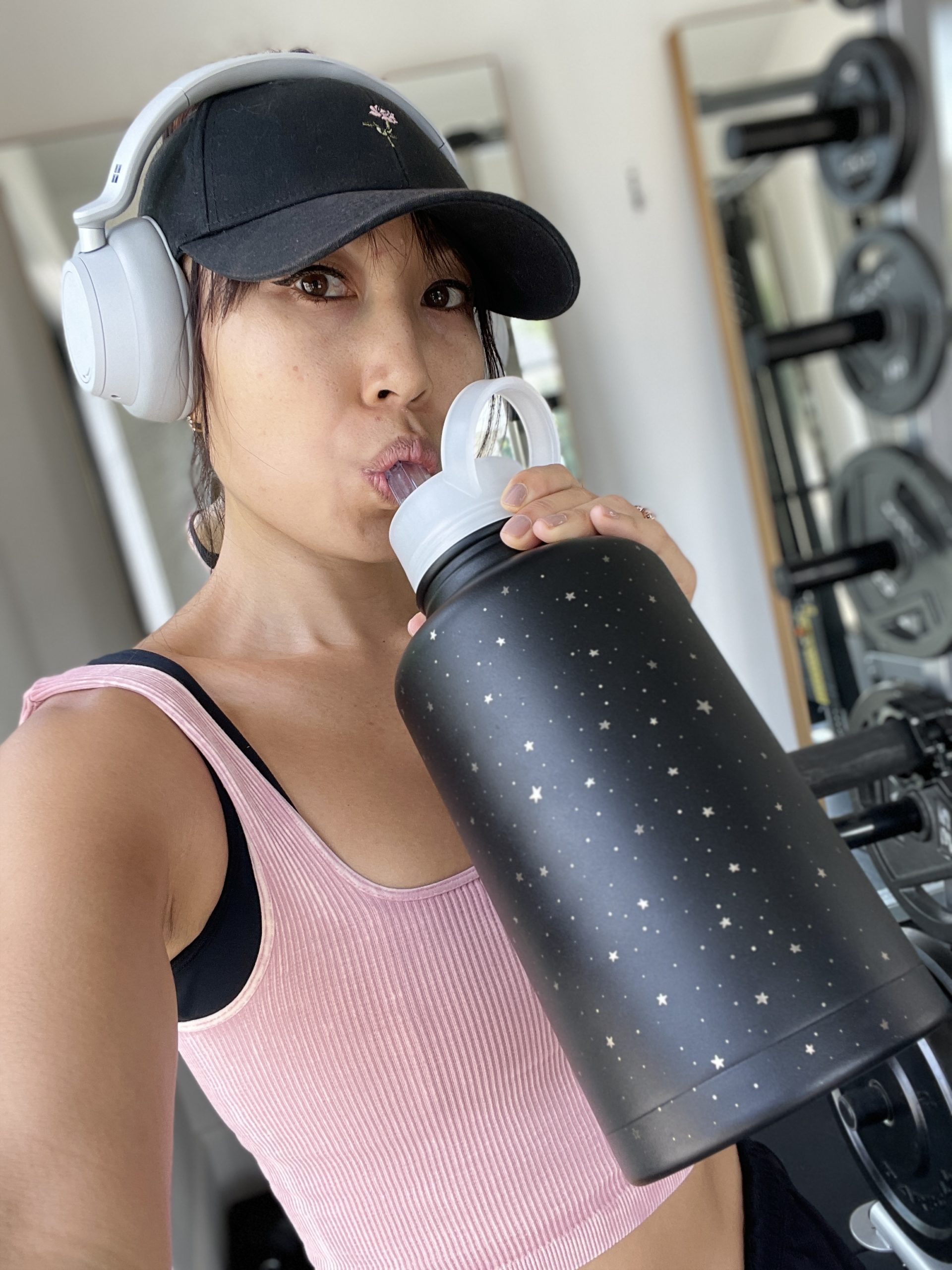
PSA to HYDRATE
I can’t just write an entire article about post-workout nutrition and recovery without even a whisper about WATER! Even if it makes me feel like a hypocrite because I struggle so much with hydration myself. Just because I’m a dietitian does NOT mean I’m perfect, ok?!
Here’s why water is important (besides needing it to stay alive) – You lose A LOT of water when you workout, through sweat. You also lose electrolytes. These minerals are super important for muscle performance and recovery, and even things like heart health and brain function. Basically if you’re not hydrating before, during, and after your workout, your body isn’t going to function at it’s best.
Make sure you’re drinking water throughout the day, and replenish electrolytes as needed after long or particularly intense workouts. You can do this with food, drinks like coconut water. low-sugar sports drinks, or electrolyte replacement packets.
What should we talk about next?!
And that’s my advice on post-workout nutrition! As always, THANK YOU for reading!
What do you want to talk about next? Let me know in the comments!


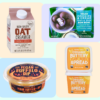
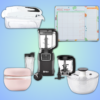


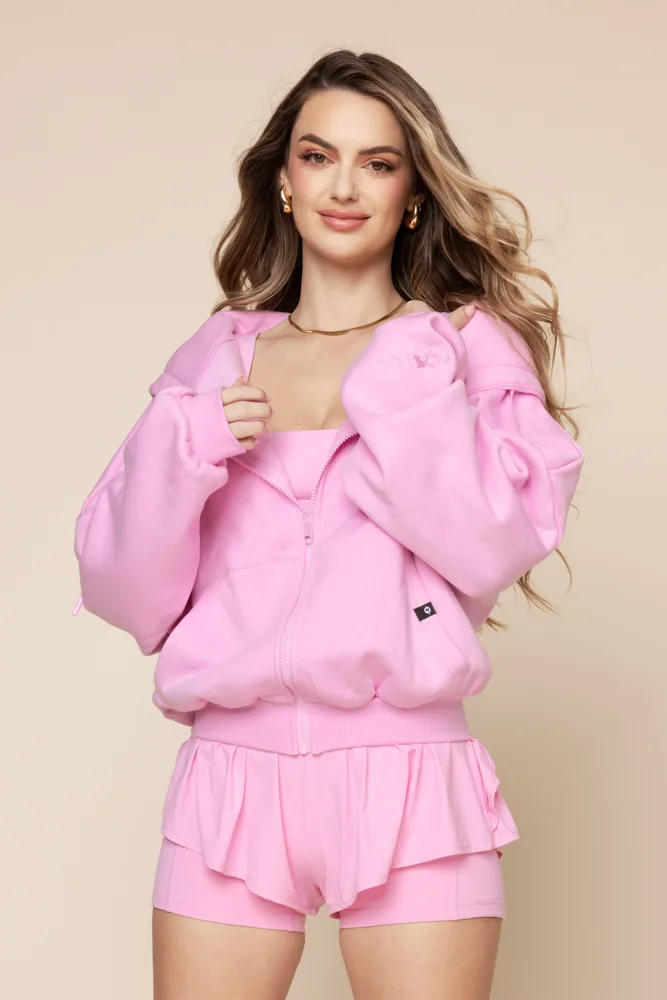
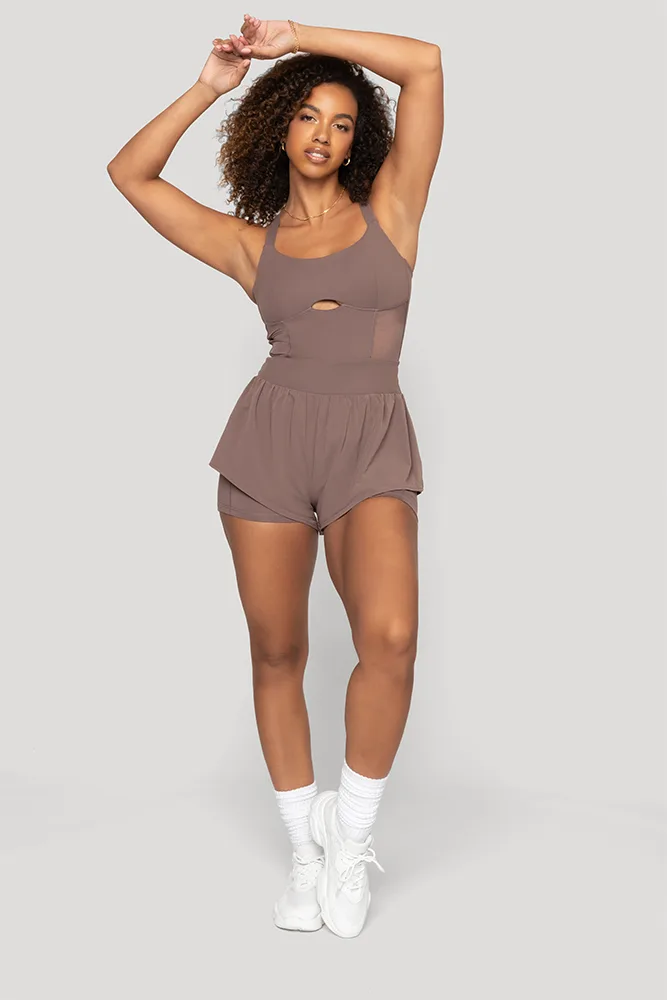
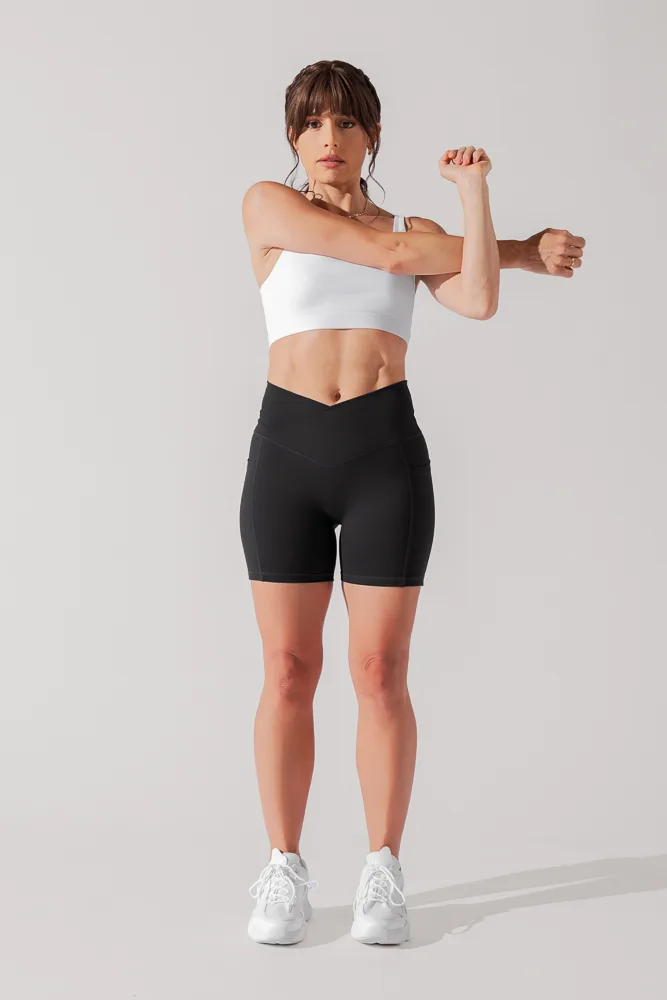
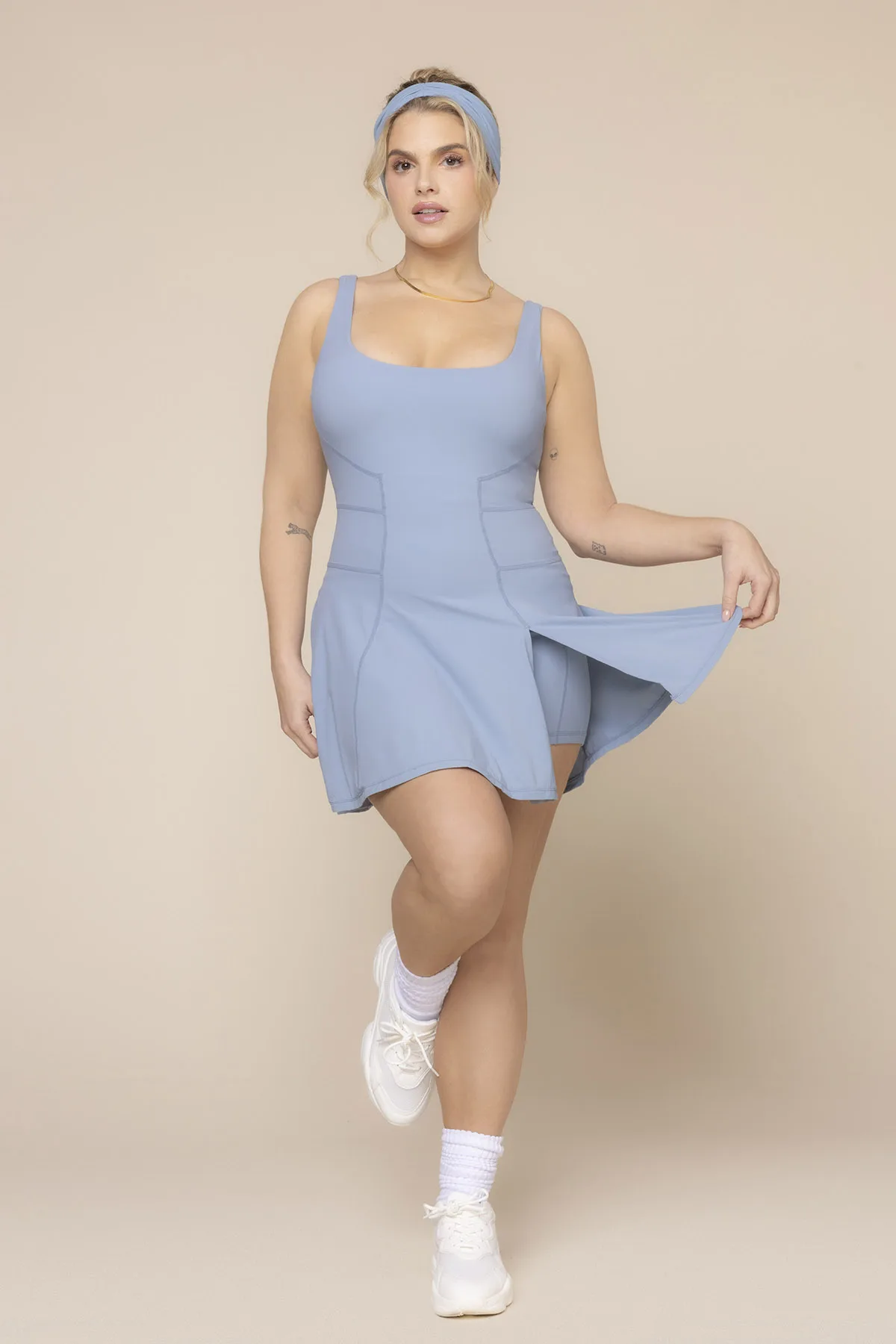
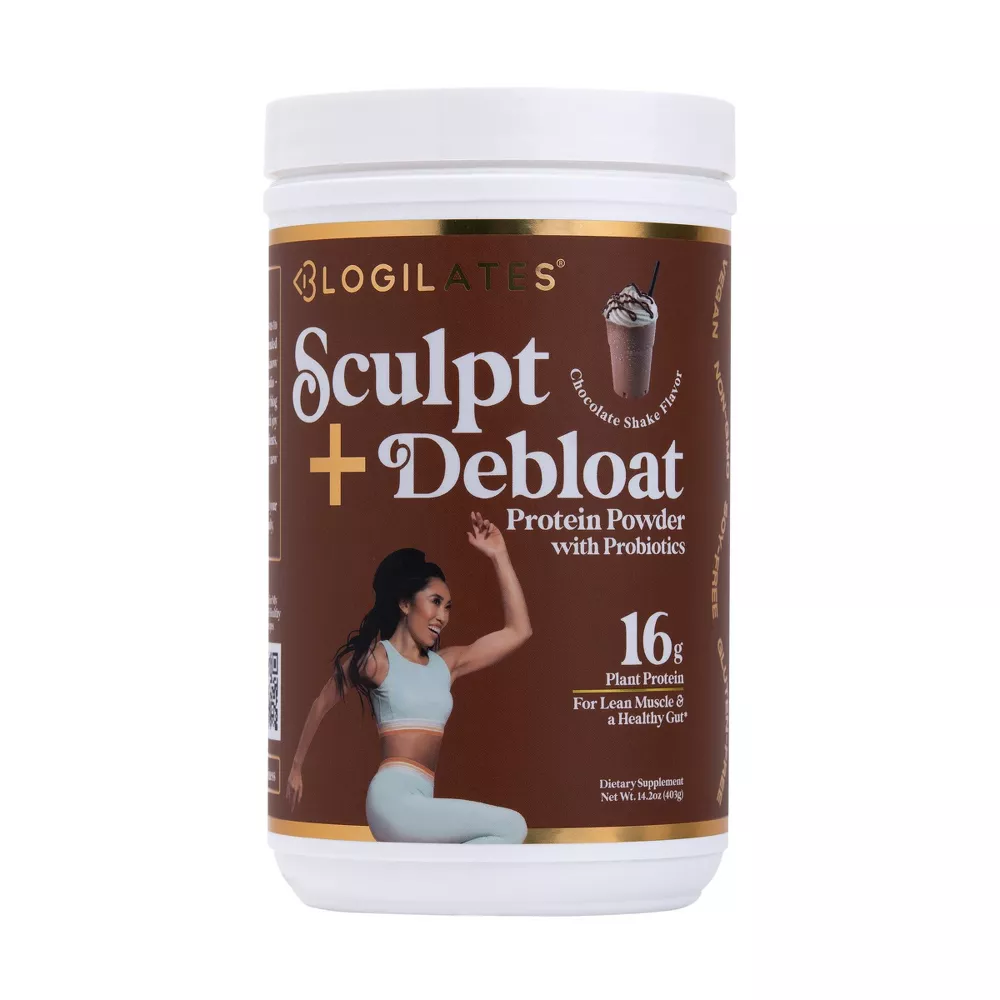
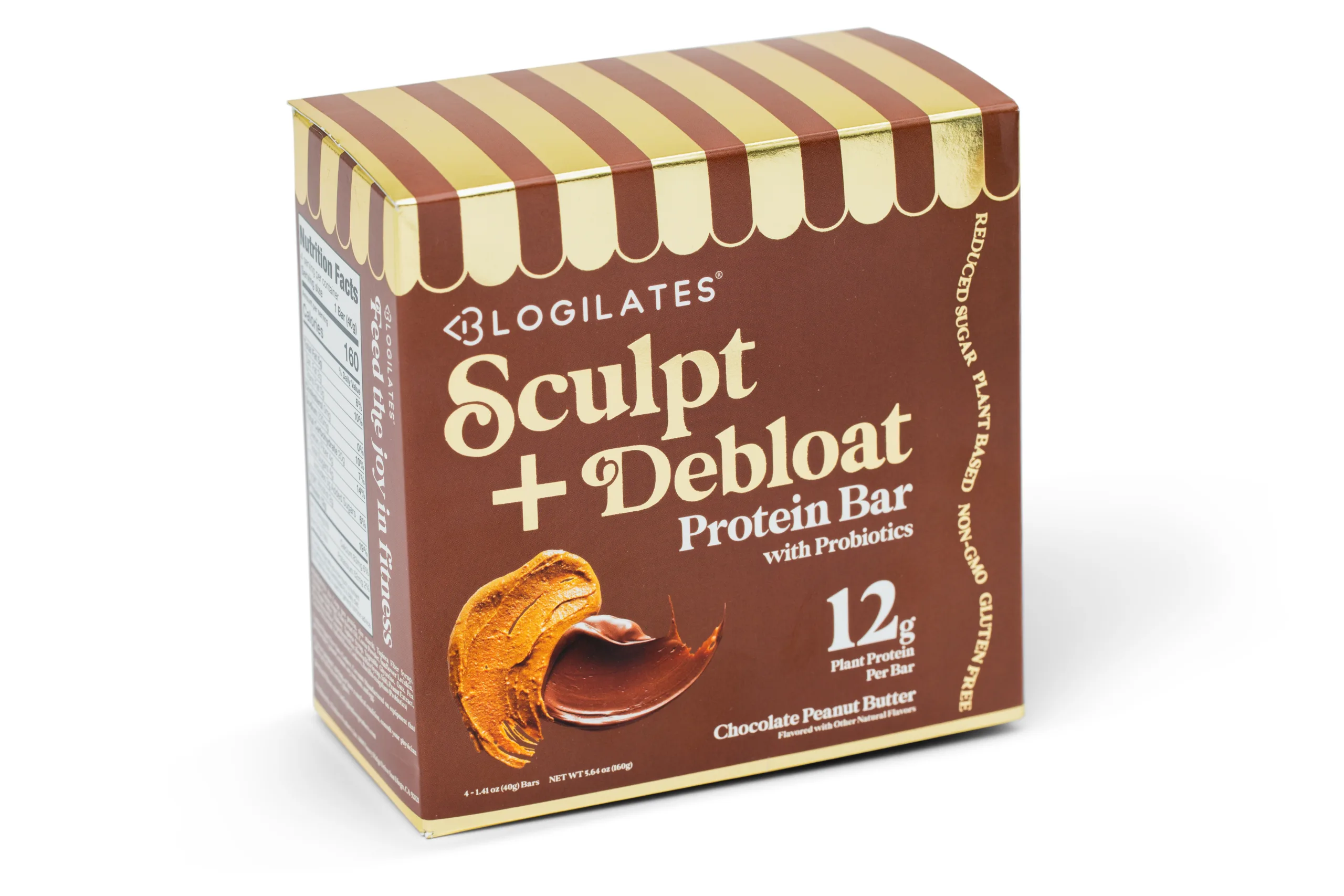
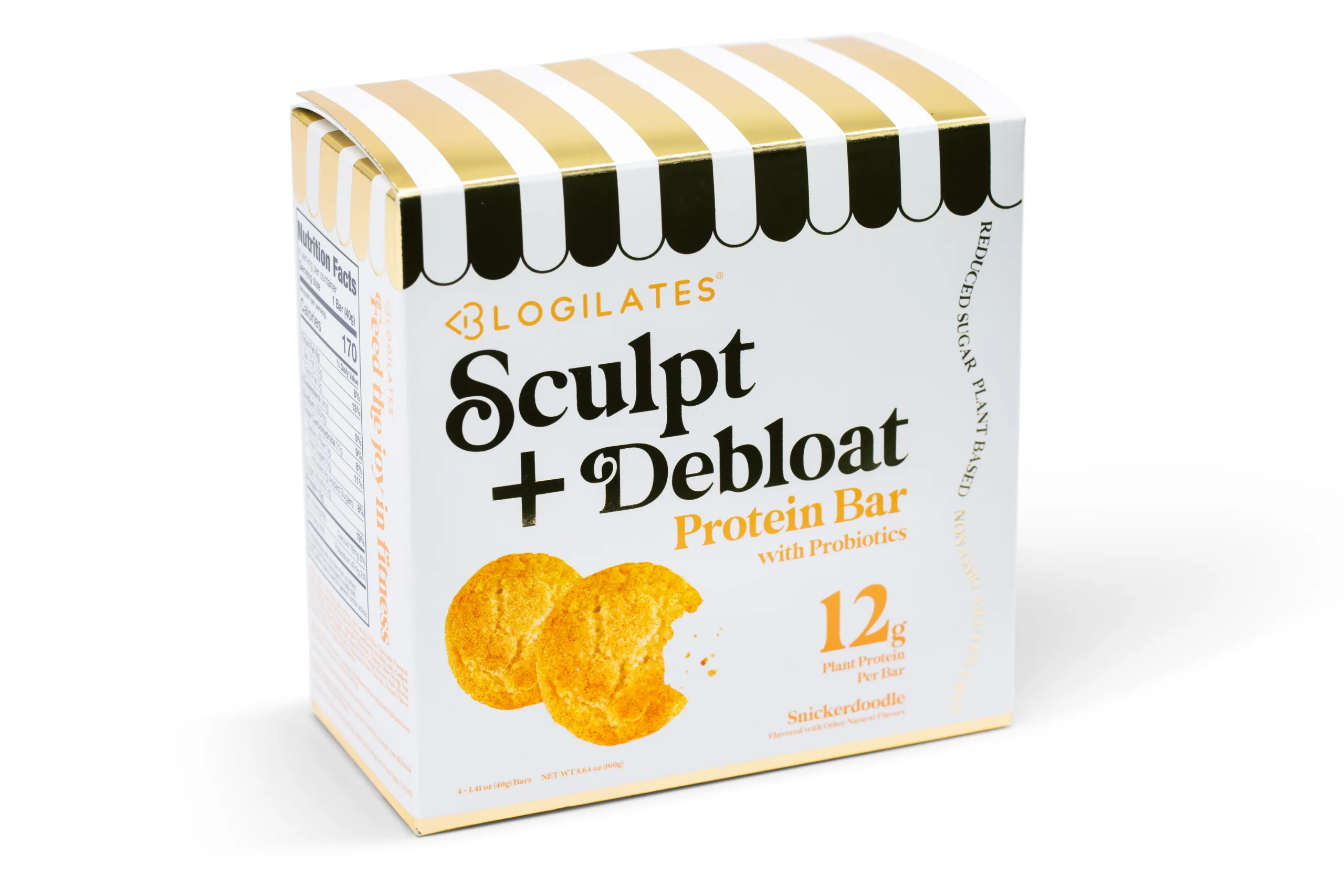
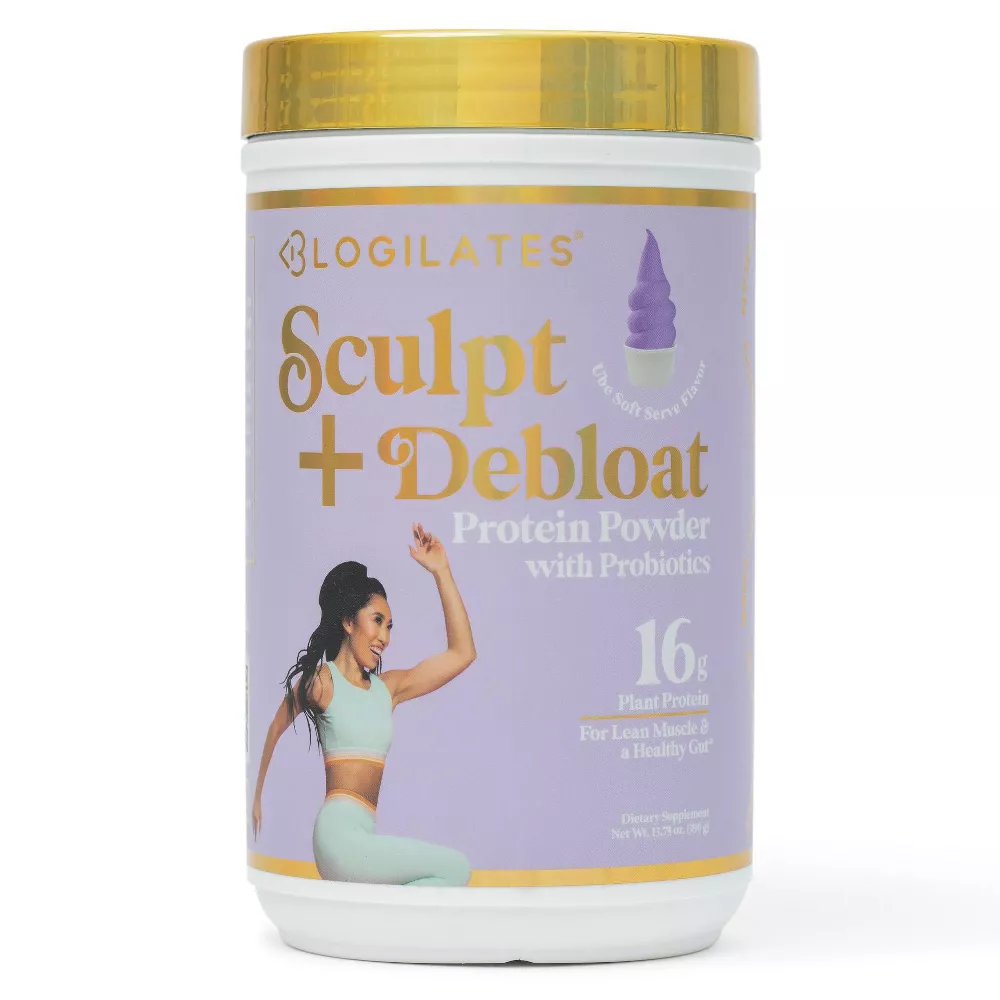

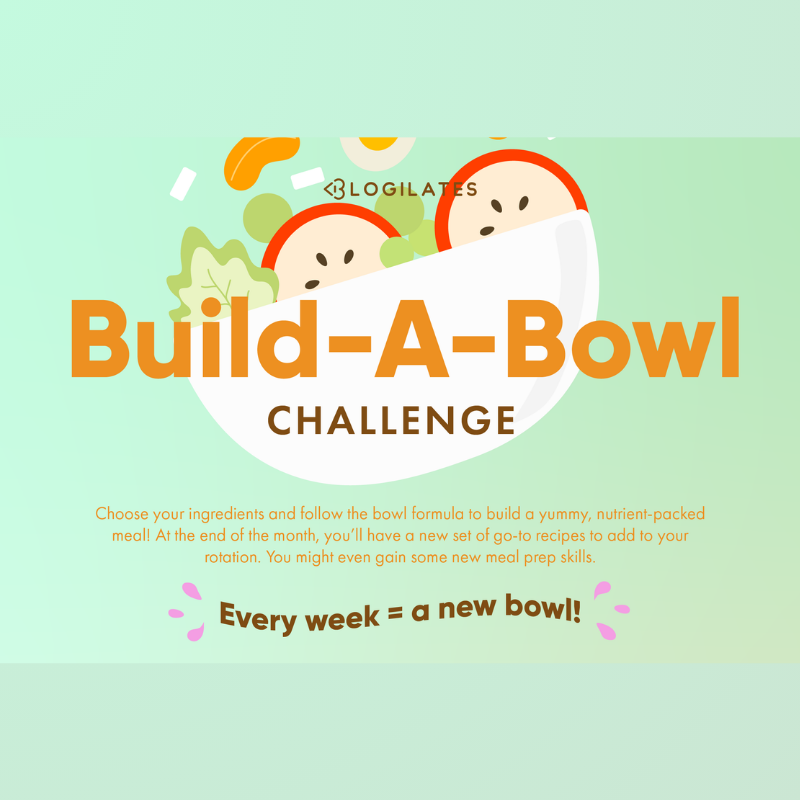
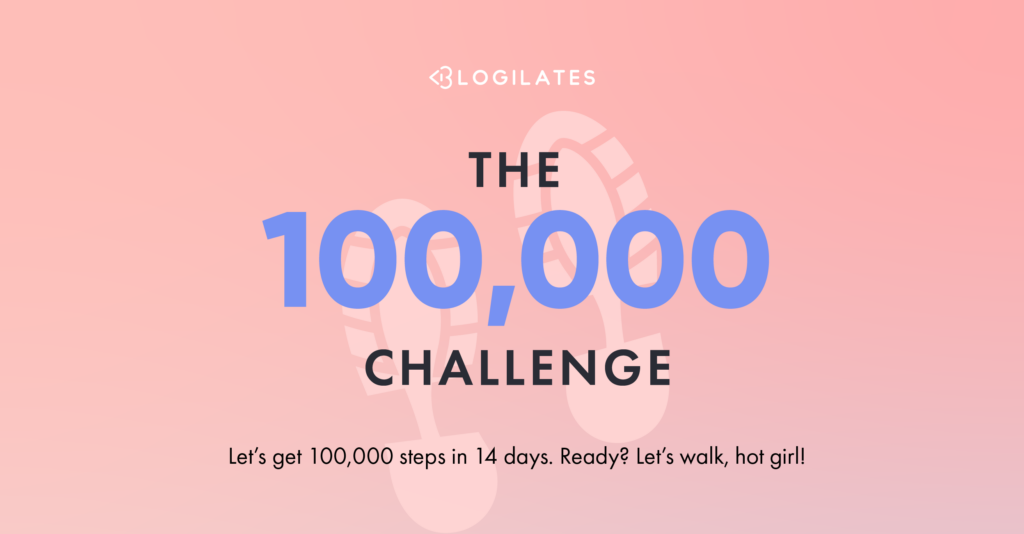
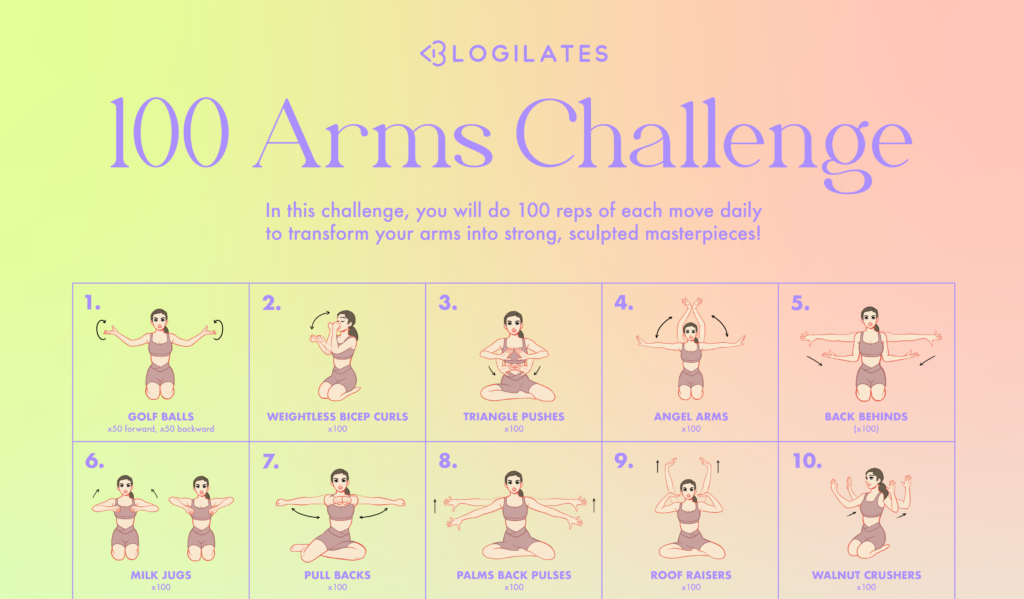
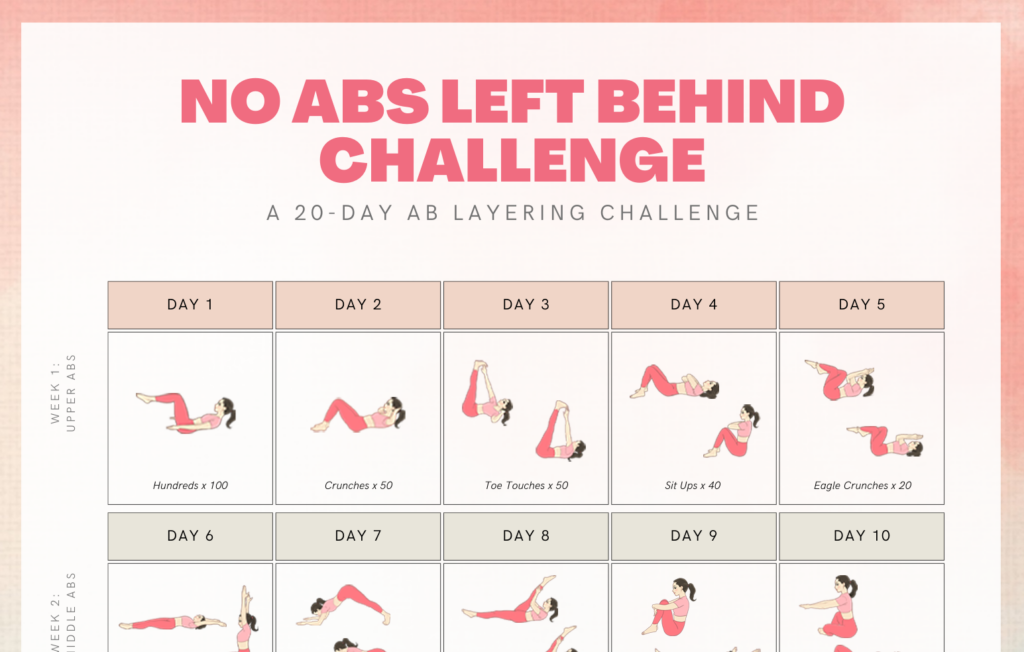
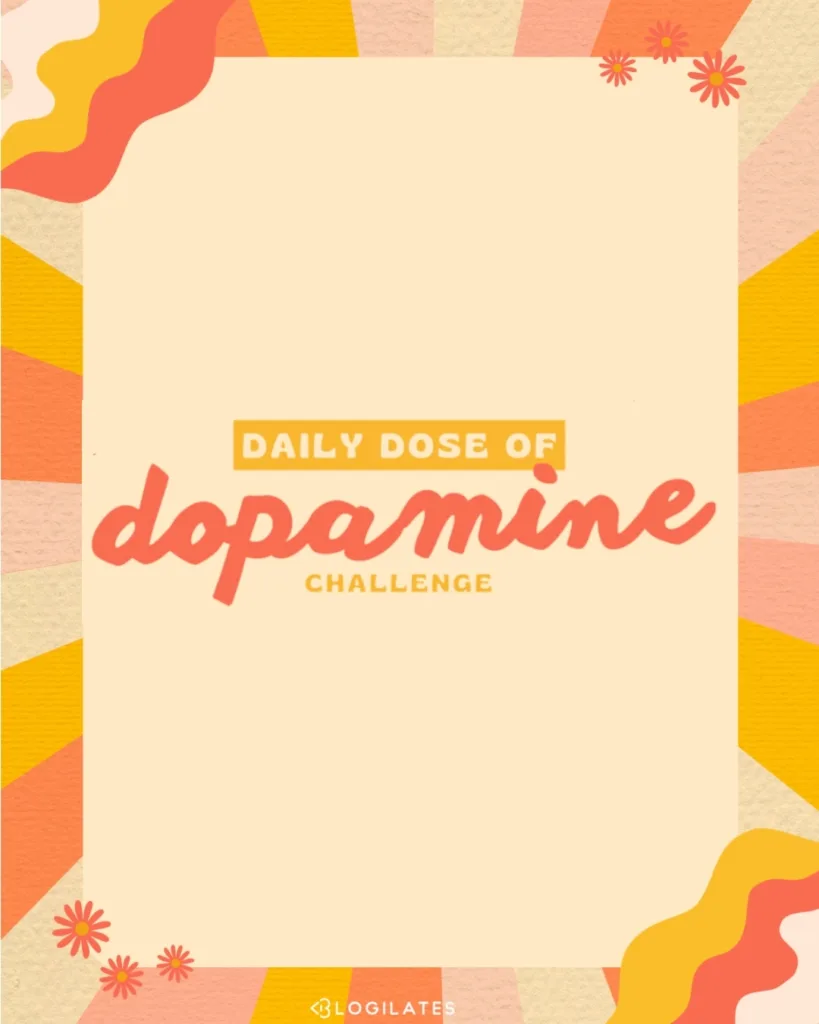
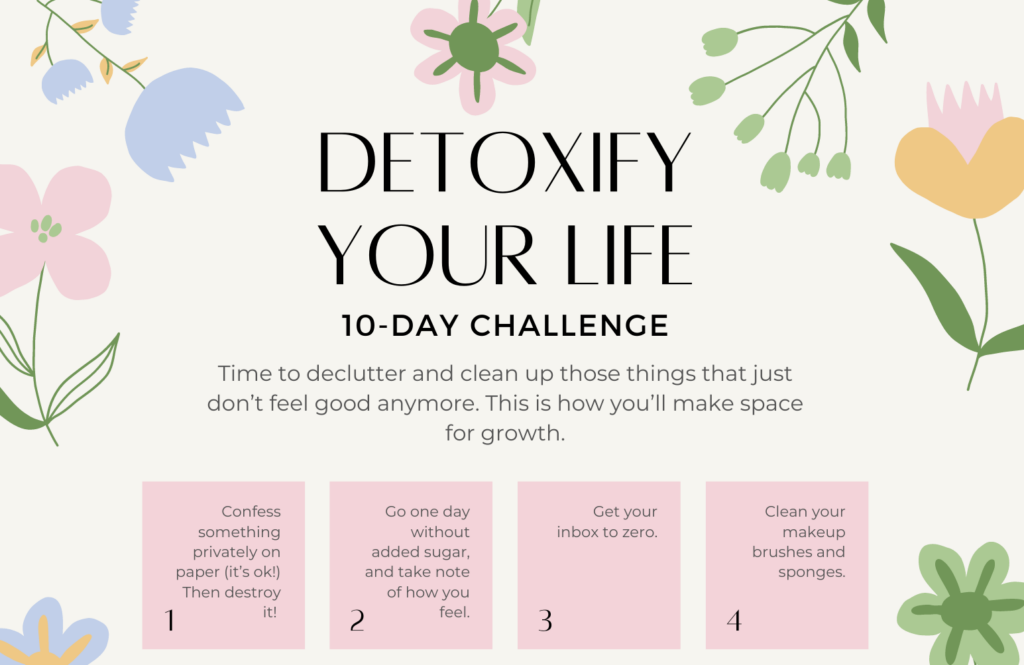
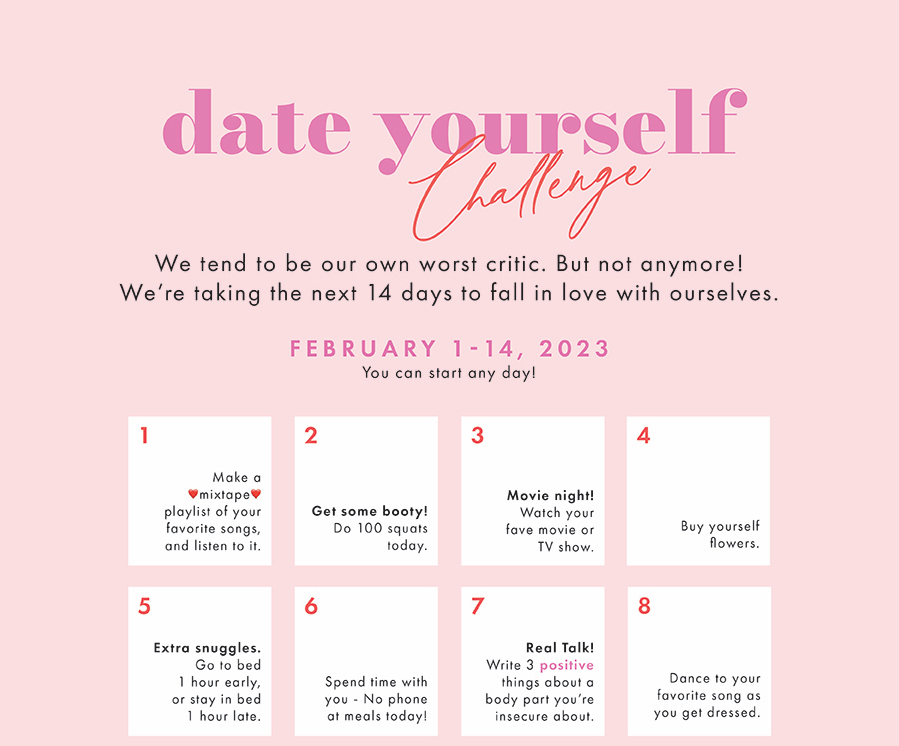
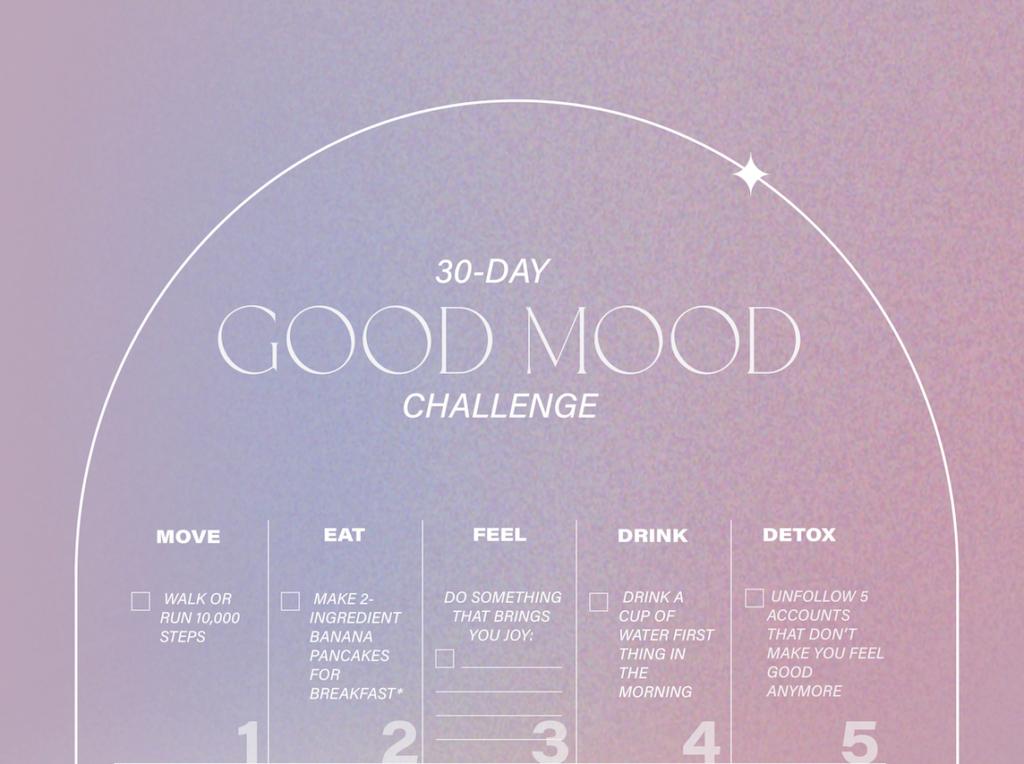
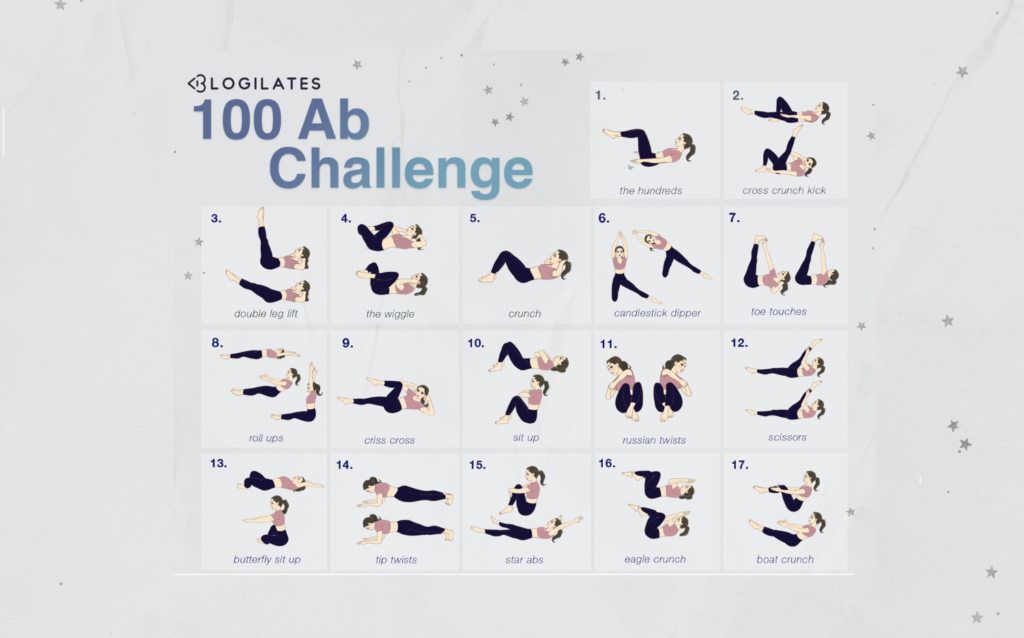
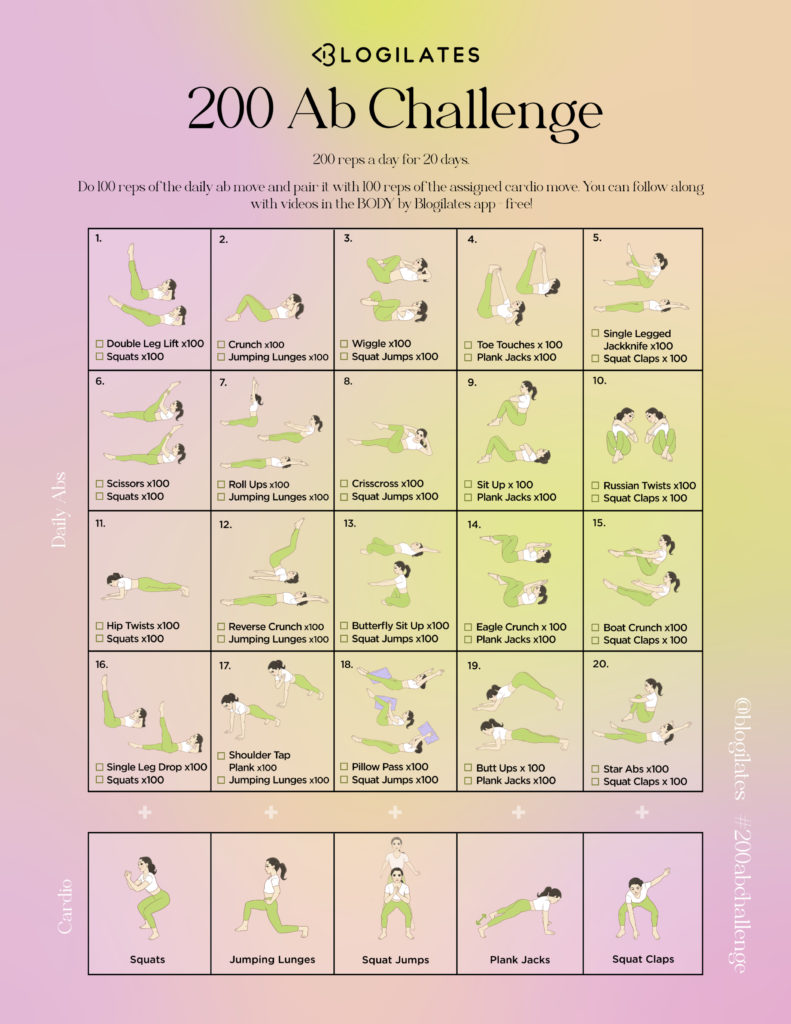


18 thoughts on “Post-Workout Nutrition: What Should You Eat and When?”
There are 18 comments posted by our users.
Pre workout meal to eat
Today, doctors and nutritionists advise customers to eat more plant-based foods.
Read More > > https://channeldrive.in/businesswireindia?for=N&Value=KlTc7xLYeUQcmMt%2ffw9qRghznAdAzs1vCwgmB01Mjcze%2bwiRHh6TNLkNPAI%3d
Very helpful article. But I have a question: Is it ok if I first drink a protein shake and after an hour, approximately, I would take my carbs? The thing is that I visit my coworking Stockholm gym and I need around one hour to reach my home.
hey, not exactly what you asked but my dietian said that i need to eat something max between 30 to 15 minutes before i workout so it may apply to the post workout fuel (timewise)
Thank you very much for this article ! It was really interesting and useful ! Cant wait for the next one 🙂
Thank you for sharing the Post-Workout Nutrition guide, If you are a gym person then these tips are really helpful for you and I loved how this blog elaborated all the points. When I joined boot camp workout exercises, I was not aware of how to take post-workout Nutrition, Now I understand, Thank you.
This was so very helpful. I have just started my weight loss journey and at the end of every exercise session, I am told to go eat! Because I am so new to this, I never know what to eat and I have been consistently eating yogurt with fruit and granola. It’s nice to have a few more options.
This was very helpful. Thanks for sharing this article Breanna.
Will the 20lb kettlebells be restocked at target?
why does the past post need a password?
Why haven’t everyone got a code to the last post? I think a lot of fans wanna read it!
I agree! I signed up for the newsletter and then missed the password! I want to go on a journey to muscle too but curious what happened.
Same here. I’m signed up, and am curious as to how it went, but didn’t get a password for the last update.
i believe it was because all the negativity she was getting, the password was in the newsletter email from that week
Super enlightening post! Thanks for the information! My partner and I were just talking about ideal protein intake time and how the anabolic window isn’t accurate XD So it was great to read about this and the science behind why!
I have been really enjoying these posts! The last couple of posts have all been questions that I have been asking and starting to look into. It’s like you read my mind! 🙂 Love to know your thoughts on pre-work out nutrition, and if pre/post workout nutrition should be different depending on the time of day you work out. I work out many days at night after work and dinner. Is there anything different that should be considered when working out at night vs morning?
Same! I would like to know under what circumstances you should eat before working out. For example, if you are going to workout for 30 minutes, should you eat beforehand?